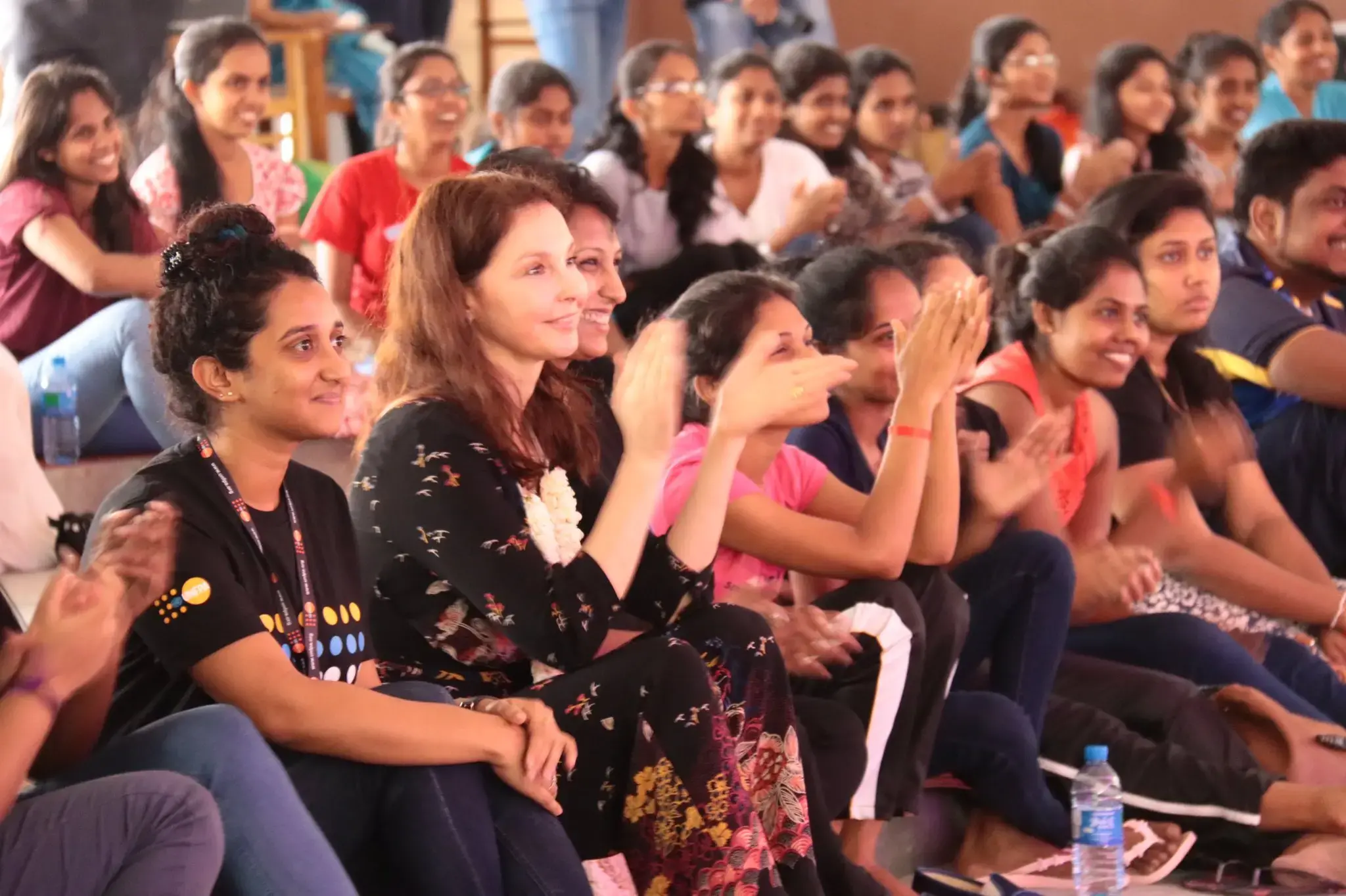COLOMBO, Sri Lanka (05 March 2018): UNFPA conducted the first study of its kind in Sri Lanka to understand the contributory factors of unnatural deaths from a gender perspective. Conducted with the University of Kelaniya, the study focused on unnatural female deaths in five provinces in the country. An ‘unnatural death’ is said to occur as a result of external causes such as injury, trauma or poisoning where the manner or circumstance could be homicidal, suicidal or accidental, or at times even not determined.
To mark International Women’s Day in Sri Lanka and to launch the brief report of the findings, UNFPA together with the University of Kelaniya convened a panel discussion in Colombo; with the presence of Ms. Ritsu Nacken, UNFPA Representative in Sri Lanka. The panel discussion was chaired by Prof. Maithree Wickramasinghe – Professor of the Department of English, University of Kelaniya; Prof. Anurudhdhi Edirisinghe – Principle investigator and Professor of Forensic Medicine, University of Kelaniya; leading the research; Dr. Subhangi Herath – Senior Lecturer of the Department of Sociology, University of Colombo and Prof. Savitri Goonesekere, Professor of Law, Emeritus, University of Colombo.

Speaking at the event, Ms. Ritsu Nacken, UNFPA Country Representative stated: “Gender-based violence is not only a violation of individual women’s and girls’ rights. The impunity enjoyed by perpetrators, and the fear generated by their actions, has an effect on the entire society. Despite the extensive work done by the government, women’s organizations, the UN and other partners, victims of violence often lack access to essential services that support their safety, health and access to justice.”

According to the study, more than one-third of female homicides in Sri Lanka are related to intimate partner violence, and 69% of such incidences go unreported. Findings also revealed that physical trauma is the leading cause for hospitalization in Sri Lanka.
Out of the 243 homicides reviewed in the study, 128 of the cases identified the perpetrator as the legal husband. At the end of the 3-year study, it was found that only 30% of the homicide cases had reached the High Court; while the average time period for conclusion of cases is 3 years from the time a case is filed.
In light of this, the study aims to describe the problems associated with the judicial processes and outcomes relating to unnatural female deaths. It further aims to provide policy inputs and guidelines to address problems associated with the investigation and judicial processes relating to the issue.

At the panel discussion, UNFPA also presented a policy brief on the ‘Reportage of Unnatural Deaths of Women and Girls in Sri Lankan Newspapers’. The policy brief explored ways in which media reportage of the issue breach ethical guidelines on reportage; highlighting the importance of sensitive and responsible reportage by the media.
**ENDS**





